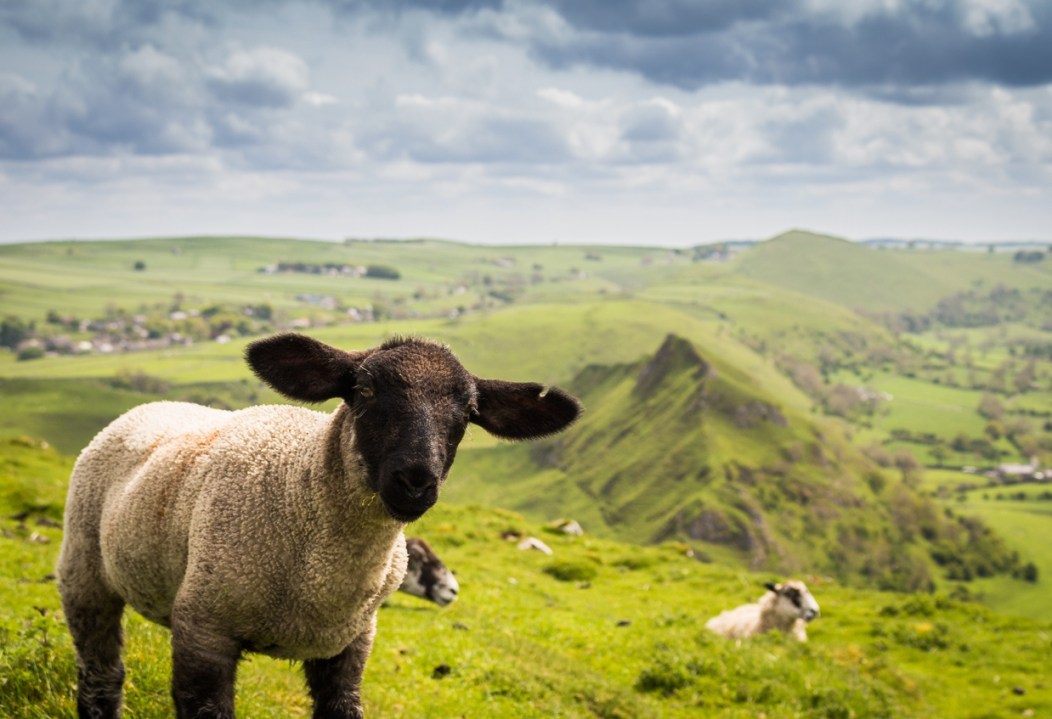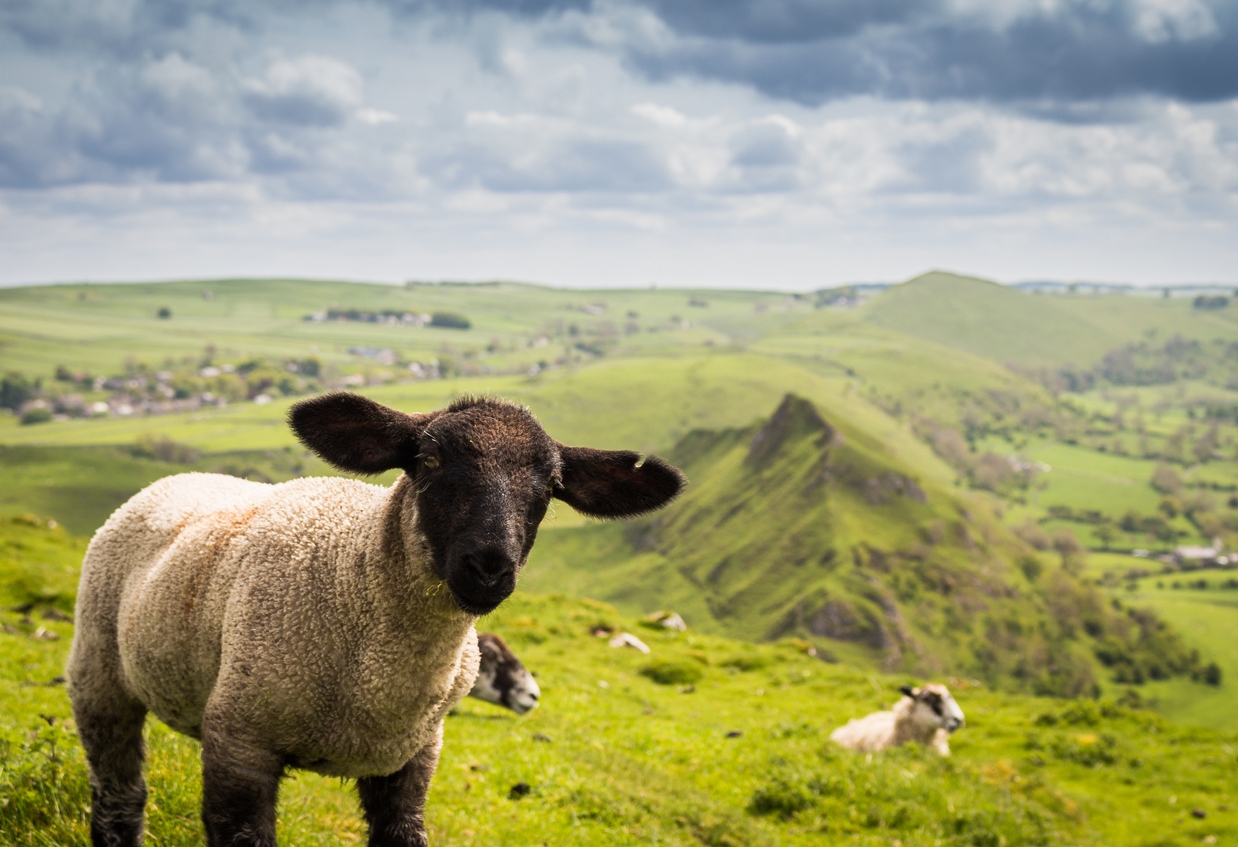Welsh hill farmers are a hardy lot. Despite the almost mystical and romantic images that come to mind when you think of a Welsh hill farm, the truth is a far soggier affair. People have struggled to eke a living out of what is an extremely difficult terrain for generations, which has, in turn, created the communities and the culture we enjoy in rural Wales today.
Such is the case where I live: a small parcel of land stretching from the river Dee and up the slopes of the Berwyn mountains in the north of Wales.
My father-in-law is the third generation to farm this land. He and those that went before him nurtured this small corner of the earth in order to feed their families and the nation. Things are more difficult today, and many young farmers are seeking alternative employment to subsidise their meagre farming income.
The farm, and the industry, never stands still. New rules and requirements are set by various bodies demanding they change their practices. One generation is paid to rip up hedgerows. The next is paid to plant more trees.
However, the industry today is in a precarious position, and farmers feel under the cosh. To the minds of some, at least, farmers can do no right.
The journalist Simon Jenkins suggested hill farmers were partly to the blame for the severe floods seen at the beginning of this year. Such generalisations are both incorrect and unhelpful. Climate change has meant that the sheer volume of water discharged onto our hills in such a short period of time is unprecedented.
These extreme weather conditions mean that climate change is becoming a more direct concern for people and, consequently, more scrutiny is given to practices that contribute to the emergency that we’re facing.
Now, as our sheep farmers are putting the rams out preparing for the next lambing season, they again find themselves under attack, and blamed for the climate emergency, with ‘a leg of lamb’ now being cited as a particularly guilty cause of climate change.
While global farming might indeed be is a significant contributor to global greenhouse gas emissions, blaming lambs, or more accurately sheep farmers, for the climate catastrophe is a distraction which means that the real culprits within the food sector are ignored.
The real culprit, and one which we must all take responsibility for, is food waste.
Billions of tonnes of rice, potatoes, and wheat is produced throughout the world each year and billions of tonnes are wasted, representing gigatonnes of greenhouse gases being emitted into the atmosphere.
In the UK alone we waste nearly a million loaves of bread every day. And with each loaf having a carbon footprint of roughly 1kg of CO2, this is the equivalent of nearly 1000 tonnes of CO2 every day.
We pour 40,000 tonnes of wine down the drain each year, which is ‘equivalent to almost 100,000 tonnes of greenhouse gas emissions’, according Prof David Reay, in his book Climate Smart Food, where he gives numerous other eye watering examples of food waste and its impact on the climate.
Think about that sandwich crust that you flippantly threw into the bin; or the crinkly potatoes with shoots sticking out of them that you casually dumped in the compost heap; or that half mug of tea thrown down the sink without a second thought.
This is a far bigger environmental problem than lamb production and is one which we must collectively and urgently look to tackle if we are to ensure that global greenhouse gas emissions decrease.
We cannot absolve ourselves of responsibility by pointing the finger of blame at farmers on our wind-swept hills. In fact, instead of berating our sheep farmers we should be supporting them. They produce the finest quality produce. They are, by and large, small family farms producing sustainable food locally.
There are global concerns about meat production, certainly, with greedy ranches cutting down vast swathes of forest to increase their cattle herds, and these are issues that need to be tackled. We can play our part in this too, by looking at the source of our food, and ensuring that it is sustainably produced with as little food miles as possible.
If we are serious about tackling climate change, then let’s start with what we can do in our daily lives. Lambs are the least of our worries.







Comments